Interview Preparation: The Ultimate Guide
A job interview is a crucial hurdle to overcome when searching for new professional opportunities. An interview is where you get to demonstrate your skills and knowledge, and convince the interviewer that you are the best candidate for the job. However, the preparation process for an interview can be overwhelming, nerve-wracking, and even stressful. There are a variety of interview formats such as phone interviews, virtual interviews, group interviews, and face-to-face interviews. Regardless of the type of interview, there are some specific things you can do to prepare for any interview. In this guide, we will explore the various aspects of interview preparation and provide you with tips to help you excel in your next interview.
- Research the company and the role you are applying for:
The first step to acing an interview is to research the company and the role you are applying for. A good way to begin is by visiting the company’s website and social media pages to learn more about their mission, values, and culture. You can also read recent news articles or press releases about the company to stay up-to-date with their latest developments. Understanding the company’s background and culture can help you tailor your answers to the interviewer’s questions.
Additionally, you should also research the job role you are applying for and understand its requirements. Review the job description and identify the key skills and attributes required for the role. Analyze your own abilities, experience, and achievements, and select examples that highlight your relevant skills, achievements and attributes that match the job requirements.
- Prepare answers to common interview questions:
Most interviews include a set of common questions that the interviewer is likely to ask. Preparing an answer for each of these questions can give you a head start and help reduce your anxiety during the actual interview. Examples of common interview questions are:
- Tell me about yourself
- What are your strengths and weaknesses?
- Why are you interested in this role?
- What are your long-term career goals?
- What makes you the right candidate for this job?
Practice answering these questions out loud to get comfortable with your responses. You can also record yourself and analyze your tone, body language, and word choices. Your responses should be concise, relevant, and showcase your skills, experience, and qualifications for the job.
- Dress professionally:
First impressions matter and your appearance plays a significant role in shaping the interviewer’s perception of you. Dressing appropriately means dressing professionally for the job you are interviewing for. Clothing should be clean, ironed, and fit well. Conservative dress is best for job interviews so opt for neutral colors and avoid flashy accessories.
- Be on time:
Punctuality is crucial for a job interview. Arriving late can give a negative impression of you and may cause unnecessary stress or anxiety. Therefore, plan to arrive early and be on time for your interview. Check your route ahead of time to avoid traffic or delays. Arriving early means you can take a few minutes to calm your nerves and review your notes.
- Prepare your documents:
To prepare for your interview, you need to gather and organize all the necessary documents such as your resume, cover letter, references, and portfolio. Review your resume and cover letter to make sure they are current and highlight your most essential skills and achievements. Make at least two copies of your resume, just in case the interviewer requests a copy. Prepare your references and ask their permission to list them as relevant to the job. Finally, create a portfolio concerning the job showing your best projects, reports, surveys, and other related material.
- Prepare your questions
At the end of your interview, the interviewer will most likely turn the tables and ask you if you have any questions about the role. This is your time to demonstrate your interest in and knowledge of the job. To prepare, research the company and the role thoroughly and prepare a set of relevant questions that showcase your interest in the company. Here are some examples of questions to ask:
- What qualities do successful employees possess?
- What are the primary challenges faced by the company?
- Is there any opportunity for training or development within the role?
- What is the company’s culture like?
7- Practice and visualize the interview
Practicing your interview answers and visualizing the interview can reduce your nerves and help prepare you for the actual interview. You can start by practicing with a friend or family member, mock interview, or even use video recordings. Get feedback, adjust your gestures, tone and work on your nonverbal communication.
Visualization is another mental technique used by athletes and public speakers to prepare for an event. Visualize yourself arriving on time, answering questions confidently, and discussing your qualities, achievements, and skills. This technique can help you focus on the desired social, mental and physical attributes of the interview and build greater self-confidence.
In conclusion, job interviews are a crucial part of the job search process, and with the right preparation, you can ace them. Research the company and role, prepare your answers to common questions, dress appropriately, be on time, prepare your documents, prepare your questions, and practice visualization and answers with a family member, friend, or a mentor. Follow these steps, and you will be ready to showcase your skills, talents, and qualifications, and land that dream job.
Get your free resume analysis from our expert team today to ensure that you never miss your chance to make a great first impression!
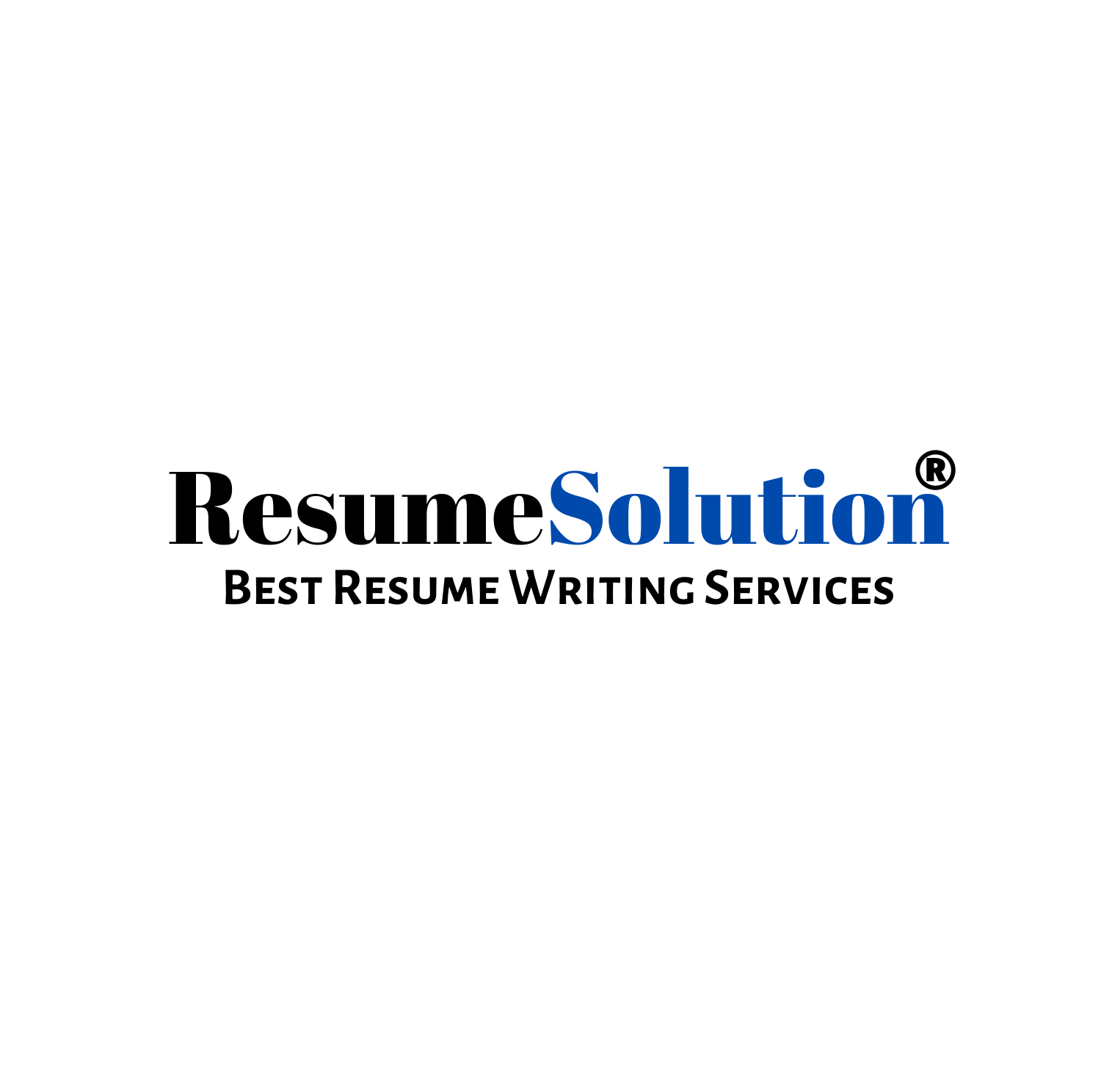

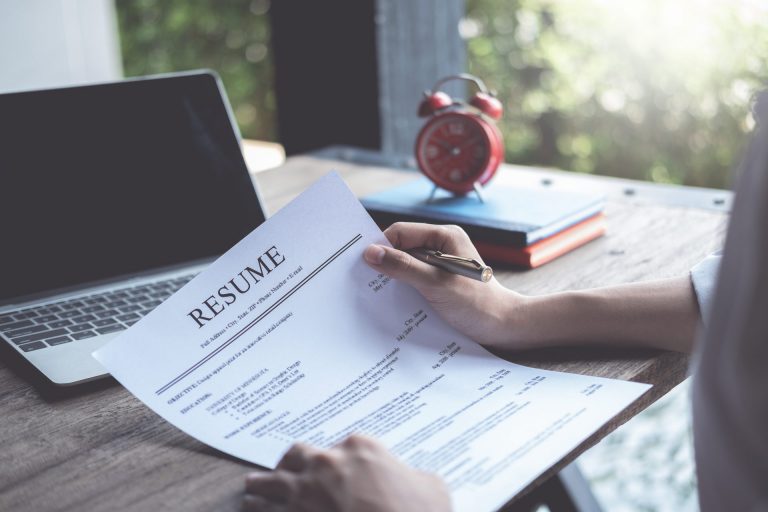
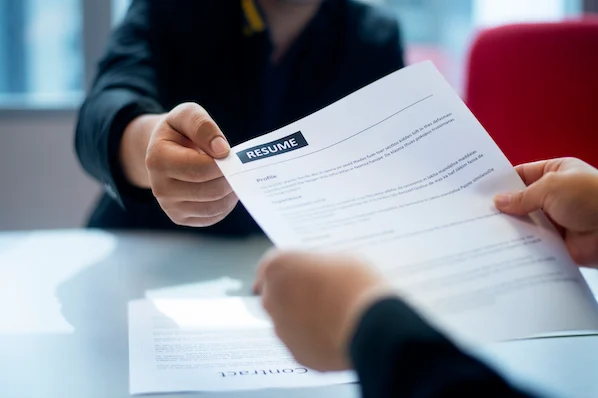
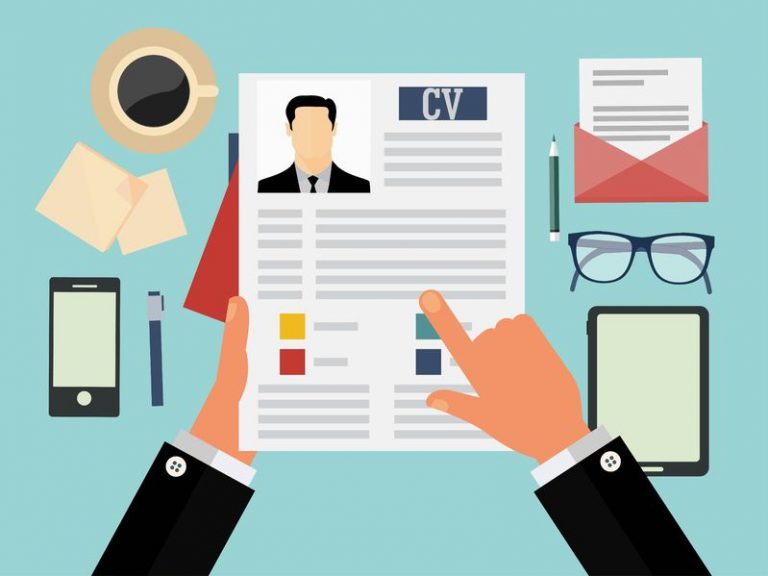
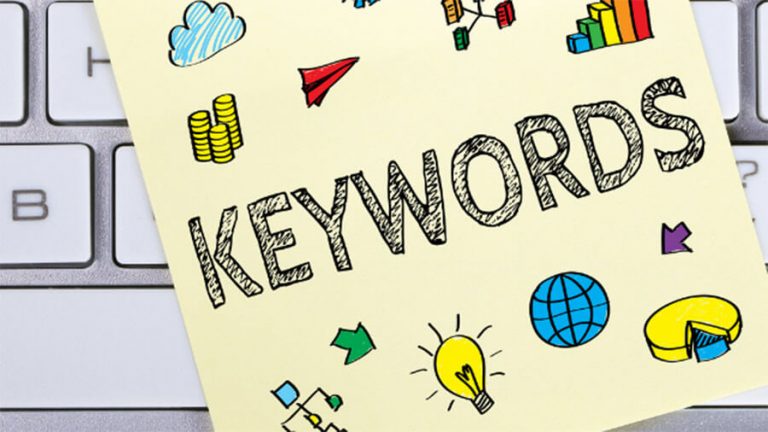
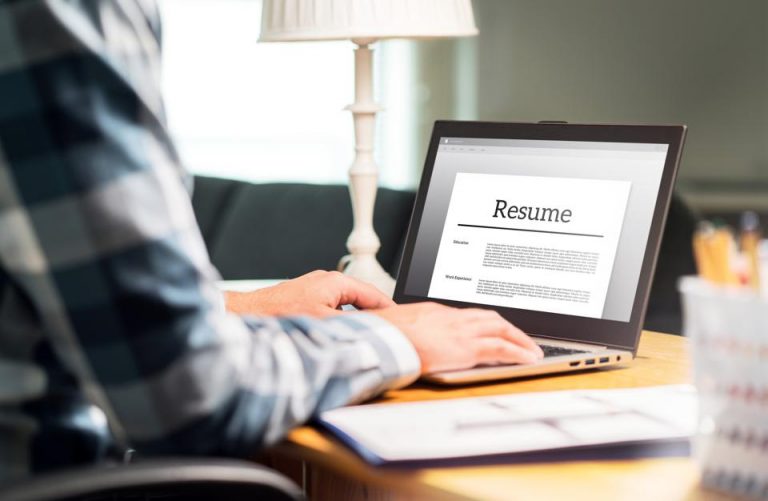
One Comment